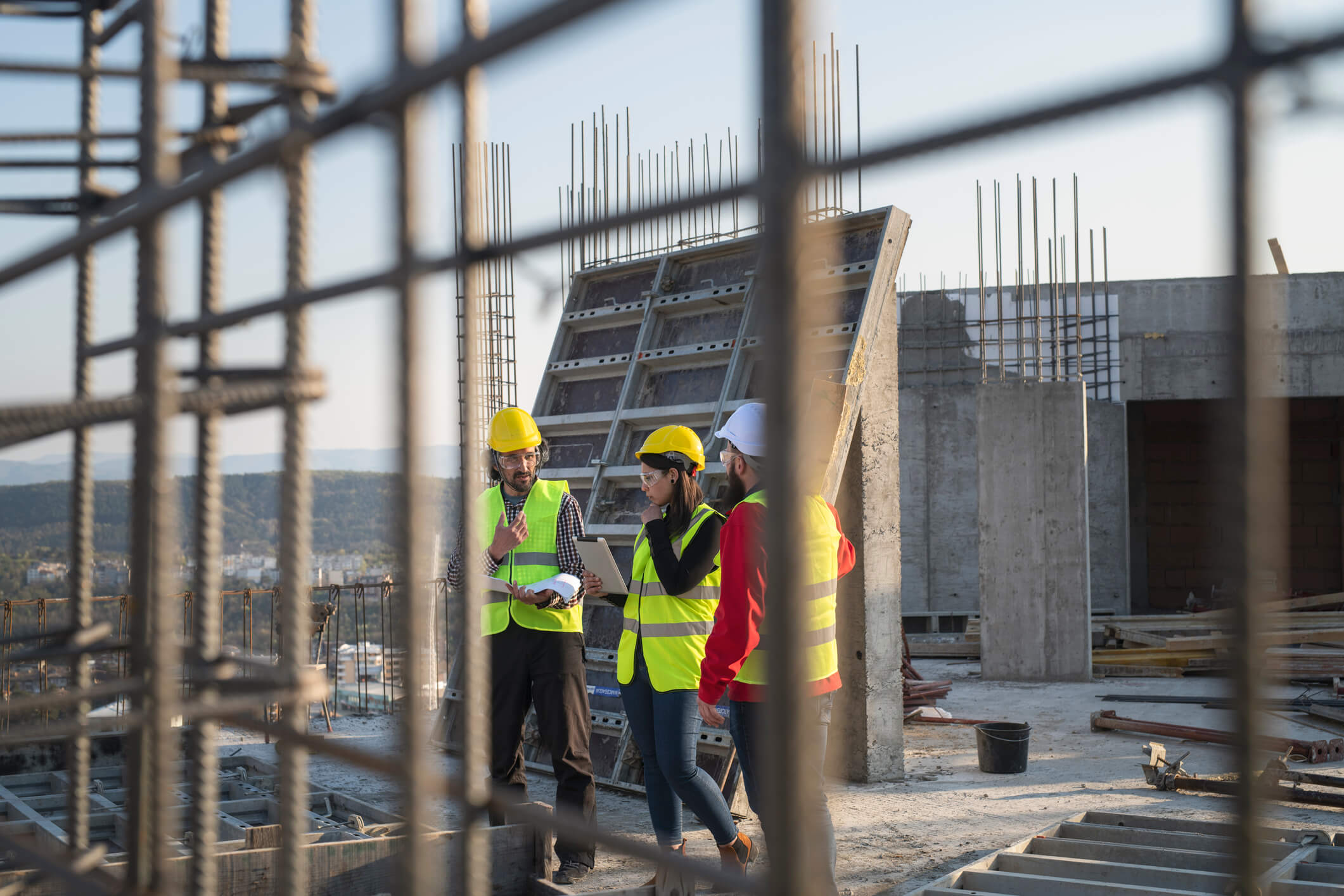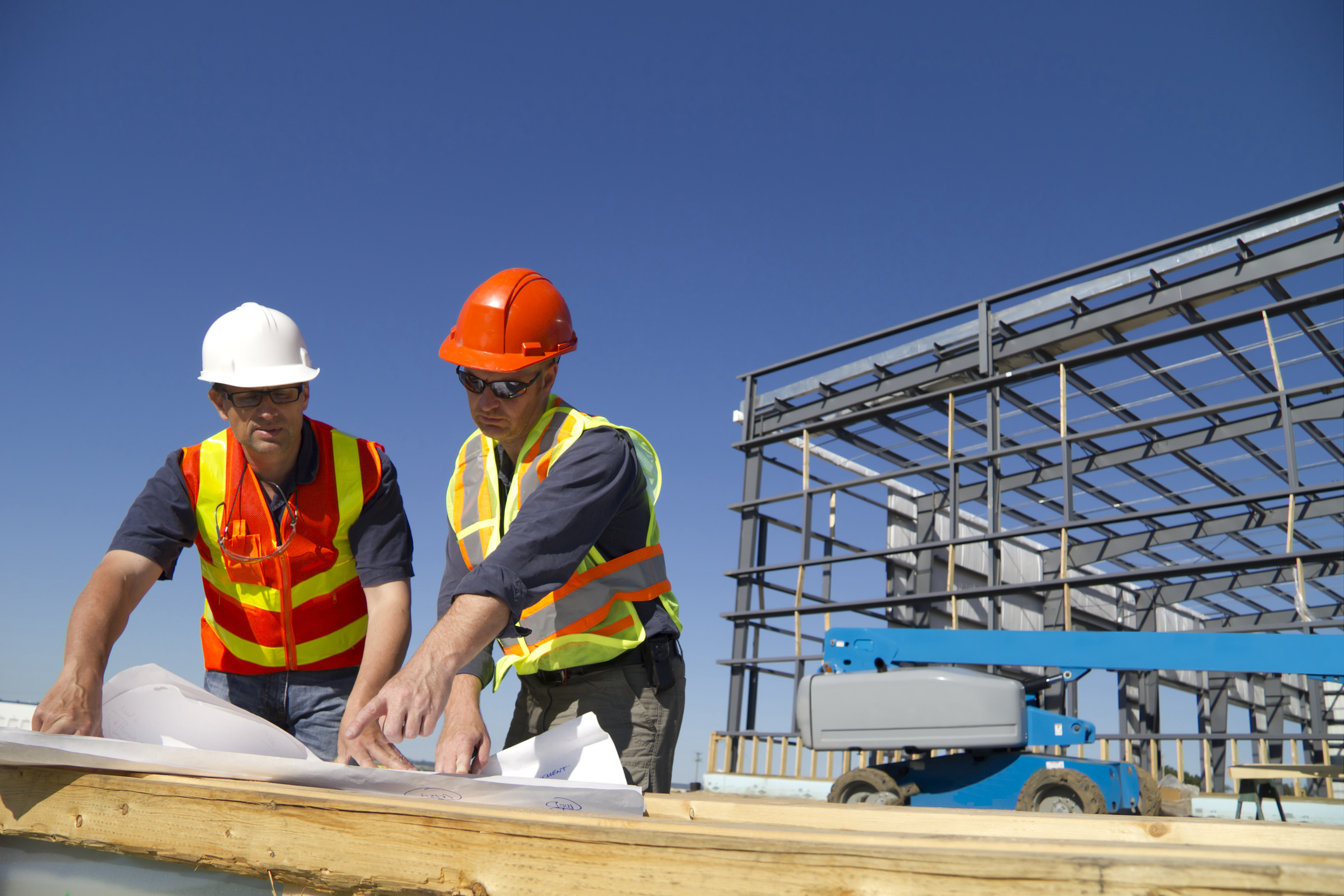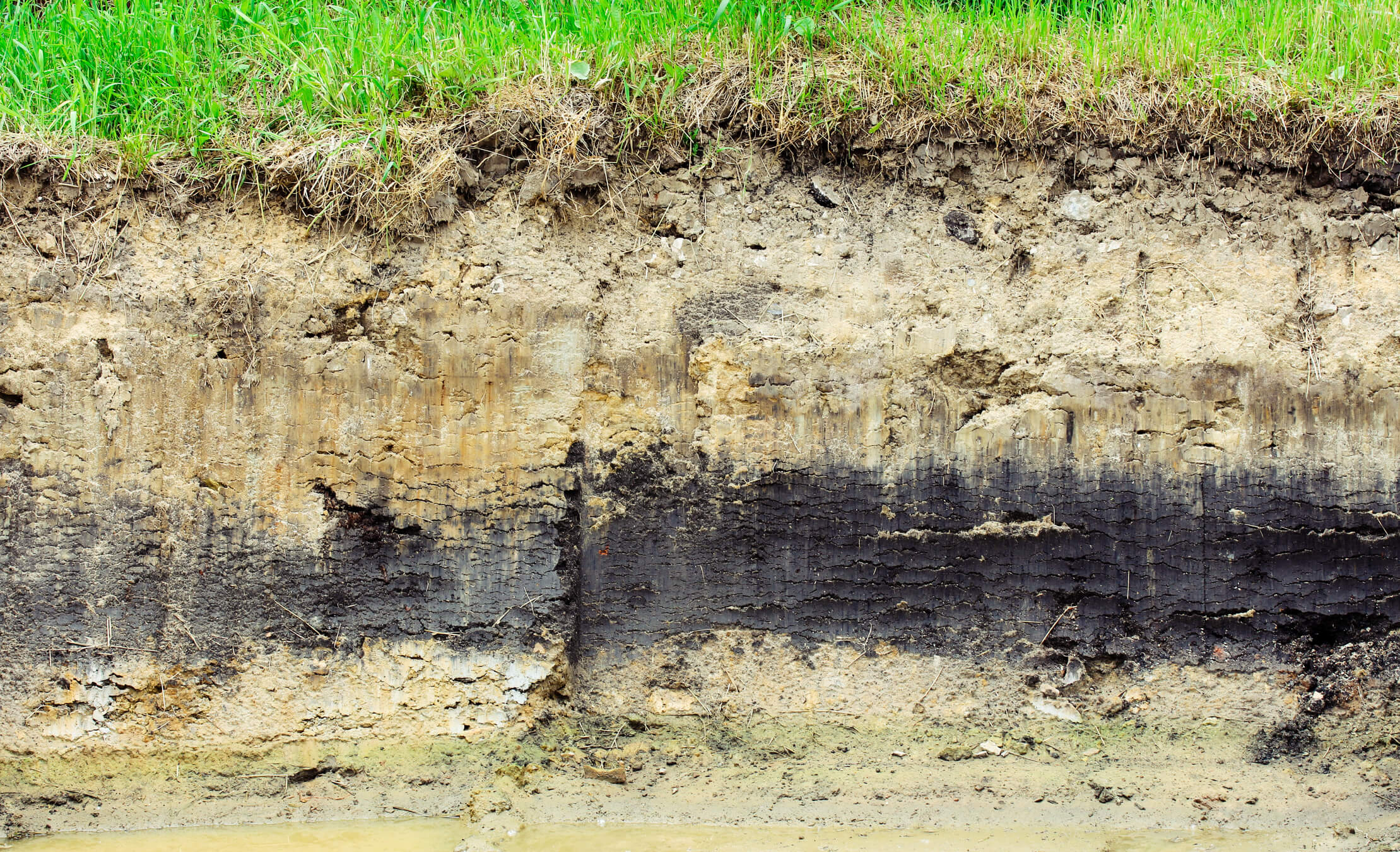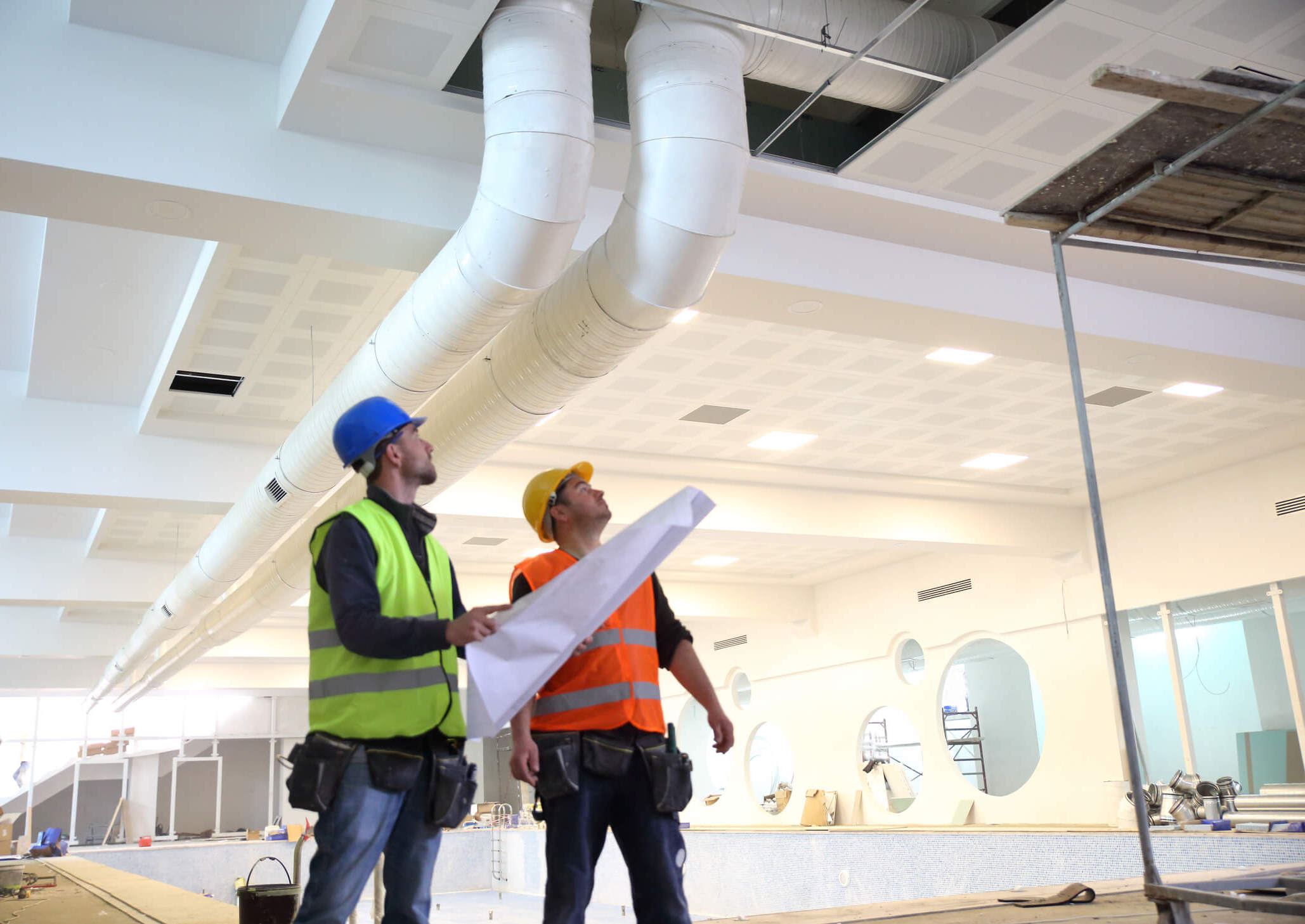Various Types of Deep Foundations for Robust Structures
A deep foundation is a type of foundation designed to transfer a building’s load further into the soil. These types of foundations are essential when the earth on your site is not stable enough to support a standard design. Deep foundations are critical for unreliable soil conditions to maintain the safety and integrity of a structure.
There are several types of deep foundations that construction teams can use to improve the stability of their buildings. These types include:
- Pile foundations: In this design, the crew installs hollow tubes below the surface. These tubes are filled with concrete and connected with grade beams to distribute the building’s load evenly.
- Shaft foundations: Crews start by drilling holes in the ground, adding steel supports and pouring concrete into the drilled holes. This method provides sturdy reinforcement for a standard concrete foundation.
- Basements: A basement is a hollow substructure beneath a building that serves to distribute its load deeper into the ground. Basements can also be functional spaces, but their primary job is reinforcing the base of a building.
- Buoyancy rafts: These designs are also called floating foundations or hollow box designs. When the soil is soft or weak, crews remove the earth underneath the foundation to make it “float.” This design only works when the foundation is the same weight as the structure, as the forces need to counteract one another.
- Caissons: Caissons are hollow substructures that crews build above ground and then sink to the required depth. This design is best for surfaces that have a weak layer of soil on top and stable, compact soil beneath.




